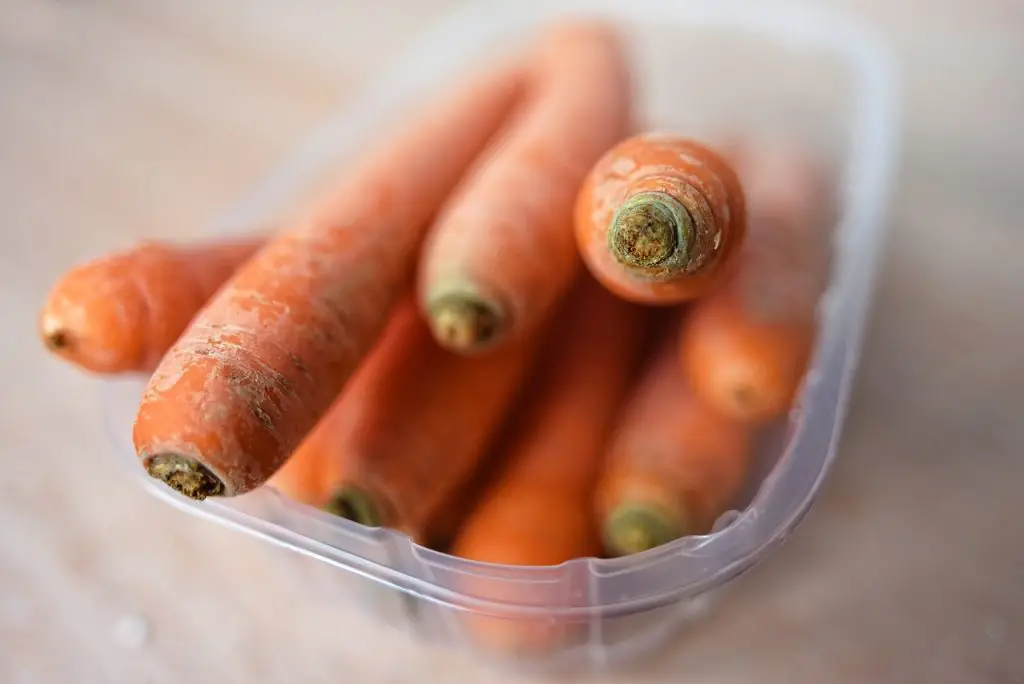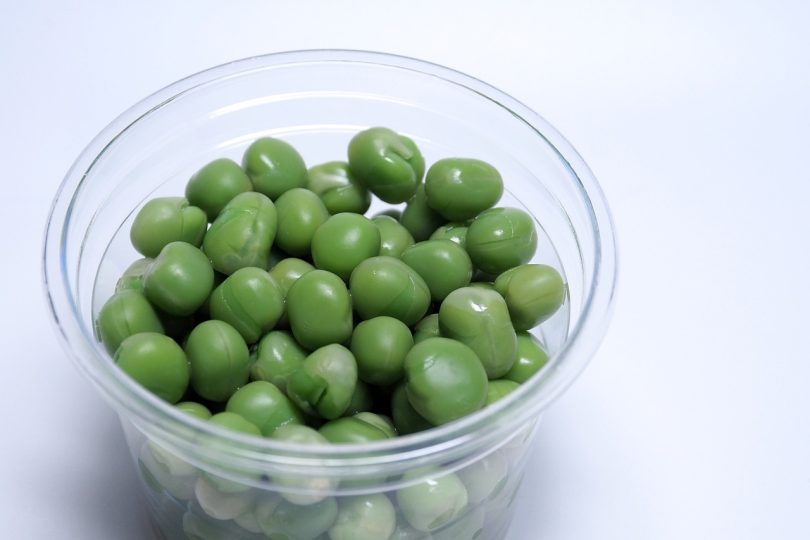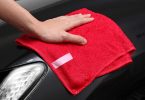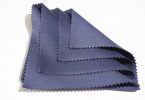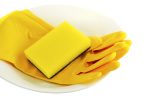Are you tired of contributing to the plastic pollution problem every time you scrub your dishes or clean your home?
Well, there is a solution that can help you reduce your environmental impact without sacrificing cleanliness. Plant-based plastic-free scrubbers are gaining popularity among eco-conscious consumers, and for good reason.
These innovative alternatives offer numerous benefits over traditional plastic scrubbers, but where can you find them?
Stay tuned to discover the best places to get your hands on these sustainable cleaning tools and learn some tips on how to use and maintain them effectively.
Understanding the Problem With Plastic Scrubbers
Plastic scrubbers pose a significant environmental problem due to their non-biodegradable nature and harmful impact on ecosystems. These small, seemingly harmless objects are commonly used for cleaning dishes, surfaces, and even our bodies. However, what many people fail to realize is the long-lasting damage they cause to the environment.
When plastic scrubbers are disposed of, they don’t break down naturally like organic materials. Instead, they persist in the environment for hundreds of years, slowly fragmenting into smaller and smaller pieces called microplastics. These microplastics not only contaminate our oceans, rivers, and soil, but they also enter the food chain, posing risks to both aquatic and terrestrial organisms, including humans.
The harmful impact of plastic scrubbers goes beyond just their persistence. When they end up in bodies of water, they can entangle and suffocate marine life, leading to their death. Additionally, marine animals often mistake plastic scrubbers for food, causing internal blockages and other health issues. This disruption to the natural balance of ecosystems can have far-reaching consequences, including the loss of biodiversity and the disruption of crucial ecological processes.
To address this problem, it’s essential to find alternatives to plastic scrubbers that are both effective and environmentally friendly. By making a switch to plant-based, plastic-free scrubbers, we can significantly reduce our ecological footprint and contribute to the preservation of our planet’s ecosystems.
Benefits of Plant-Based Scrubbers
Switching to plant-based scrubbers offers numerous benefits for both the environment and our health.
By opting for plant-based materials, you’re contributing to the reduction of plastic waste and its harmful impact on the environment. Traditional plastic scrubbers take hundreds of years to decompose, whereas plant-based alternatives are biodegradable and compostable. This means that they break down naturally, without releasing harmful toxins or microplastics into the environment.
In addition to being eco-friendly, plant-based scrubbers also offer health benefits. Unlike plastic scrubbers, which can contain chemicals and toxins that may leach into your skin or food, plant-based scrubbers are made from natural materials such as bamboo, coconut fibers, or loofah. These materials are non-toxic and safe to use, providing a gentle and effective way to clean without compromising your health.
Moreover, plant-based scrubbers are often more durable and long-lasting than their plastic counterparts. This means that they can withstand regular use and retain their effectiveness for a longer period of time. By investing in plant-based scrubbers, you can reduce the frequency of replacements and contribute to a more sustainable lifestyle.
How to Identify Plastic-Free Scrubbers
To determine if a scrubber is plastic-free, you can examine its materials and packaging. When looking at the materials, check if the scrubber is made from natural fibers, such as plant-based materials like sisal, loofah, coconut coir, or bamboo. These materials are biodegradable and don’t contain any plastic. Avoid scrubbers made from synthetic materials like nylon or polyester, as these are derived from plastic and won’t break down in the environment.
In addition to the materials, you should also consider the packaging of the scrubber. Plastic-free scrubbers are often packaged in eco-friendly or minimal packaging. Look for scrubbers that come in recyclable or compostable packaging, such as cardboard or paper. Avoid scrubbers that are packaged in plastic, as this defeats the purpose of using a plastic-free product.
Another way to identify plastic-free scrubbers is by checking for any certifications or labels. Look for certifications like ‘plastic-free,’ ‘biodegradable,’ or ‘compostable’ on the packaging or product label. These certifications indicate that the scrubber meets certain standards and is free from plastic or harmful materials.
Where to Find Plant-Based Scrubbers
When searching for plant-based scrubbers, you can find a variety of options at eco-friendly stores and online retailers. These scrubbers are made from natural materials like bamboo, coconut fibers, and agave.
One option is to visit your local eco-friendly store, where you can find a range of plant-based scrubbers that are free from plastic and harmful chemicals. These stores often specialize in sustainable products and offer a selection of scrubbers that are biodegradable and compostable, making them a great choice for the environment.
Additionally, many online retailers also offer plant-based scrubbers. Websites like Amazon, Etsy, and Thrive Market have a wide range of options to choose from. When purchasing online, be sure to read product descriptions and customer reviews to ensure that you’re getting a high-quality and effective scrubber. Some online retailers even offer subscription services, allowing you to receive regular shipments of plant-based scrubbers right to your doorstep.
Tips for Using and Maintaining Plastic-Free Scrubbers
If you have already found your preferred plant-based scrubber, now it’s time to learn some helpful tips for using and maintaining it without any plastic.
First and foremost, make sure to rinse your scrubber thoroughly before and after each use to remove any debris or residue. This will help to keep it clean and prevent the build-up of bacteria.
When using your scrubber, apply gentle pressure and scrub in a circular motion to effectively remove dirt and grime. Avoid using excessive force, as this can cause the bristles to wear out more quickly.
After each use, be sure to rinse the scrubber again and allow it to air dry completely. This will help to prevent the growth of bacteria and ensure the longevity of your scrubber.
If you notice any signs of wear or damage, such as frayed bristles or loose threads, it’s time to replace your scrubber.
